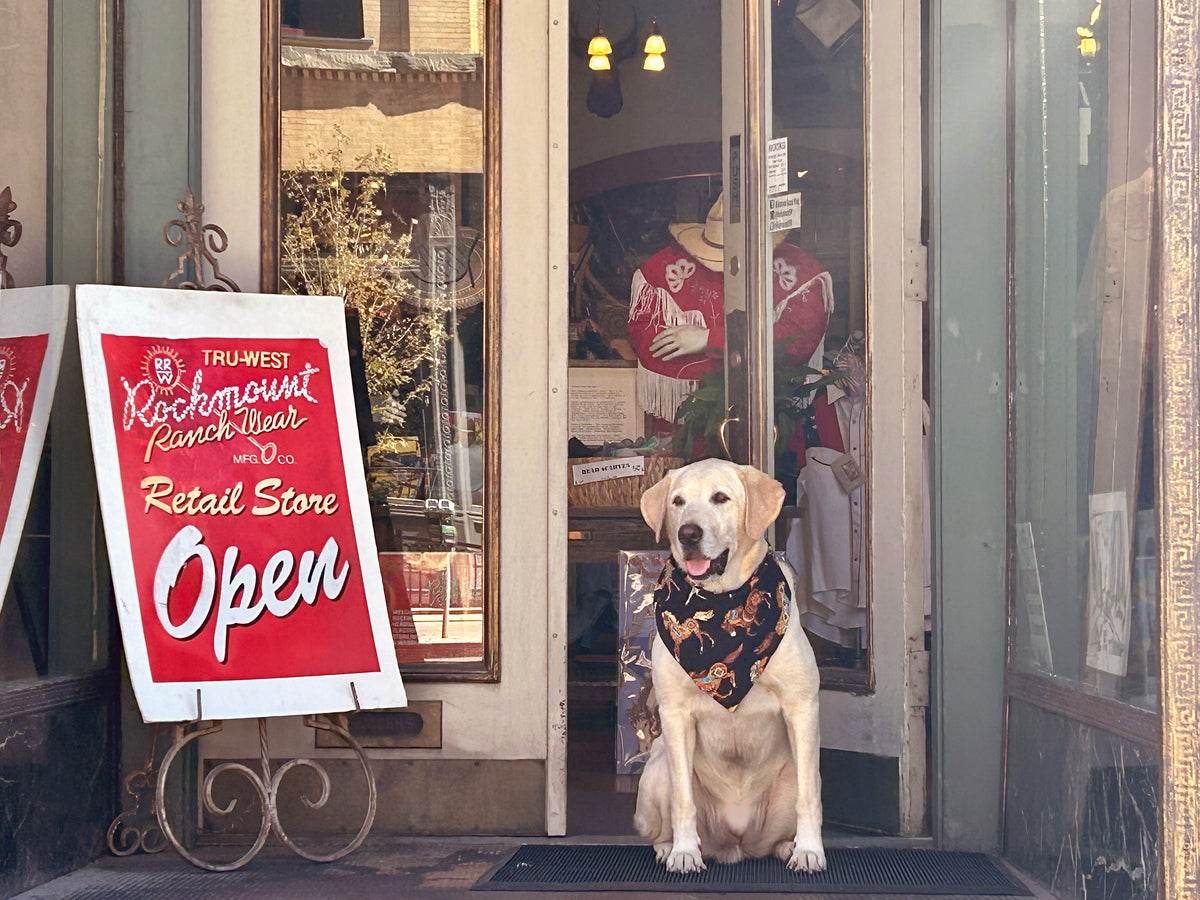The New York Times - New York Loses Out to Denver in Quest for the '08 Democratic Convention

New York Loses Out to Denver in Quest for the ’08 Democratic Convention
Photographs by Kevin Moloney for The New York Times
As Mayor John W. Hickenlooper of Denver announced the choice, the word was also flashed by a news ticker near the reflected State Capitol.
By KIRK JOHNSON and JOHN M. BRODER
DENVER, Jan. 11 — The Democratic Party chose Denver over New York on Thursday as the site for its next national convention, capping months of debate about which city had better logistics, deeper pockets and a more compelling backdrop to frame the party’s message.
The Caucus
Kate Phillips and The Times's politics staff report on the latest political news from around the nation.
“If we’re going to have a national party, we’re going to have to have Westerners vote for us on a consistent basis,” the Democratic national chairman, Howard Dean, said in a telephone news conference. “At the end of the day,” Mr. Dean added, “that’s what tipped it to Denver.”
Denver economic development officials said that by one important measure, the convention, to be held Aug. 25-28, 2008, would be the biggest gathering in the city’s history, with 35,000 people spending hundreds of millions of dollars on food, drink and places to sleep.
No national political convention has been held in Denver in nearly a century, since Democrats gathered here in 1908 and bestowed their presidential nomination on William Jennings Bryan, who went on to lose the election to William Howard Taft. But Western Democrats — led by Senator Ken Salazar of Colorado, Mayor John W. Hickenlooper of Denver and the new Senate majority leader, Harry Reid of Nevada — argued throughout their party’s selection process that the shifting demographics of the region, where Democrats have made big gains, was a strong suit in Denver’s bid.
Yet if Democrats are stronger in the West, they are also probably more iconoclastic and diverse than ever, political experts say. That could make the party’s Western venture less predictable, if not downright disharmonious. Many Western Democrats, like Senator Jon Tester of Montana, oppose tough restrictions on gun ownership; others, like Colorado’s new governor, Bill Ritter, have voiced personal opposition to abortion.
Five of the eight states in the interior West now have Democratic governors. The party picked up about 25 state legislative seats in November’s elections as well, gaining ground in Nevada, Utah, Wyoming, Arizona, Colorado and Idaho, while suffering a net loss of seats to the Republicans only in Montana. The United States Senate swung to Democratic control partly on the shoulders of Mr. Tester, who defeated Senator Conrad Burns.
“The last few election cycles helped get the attention” of the Democratic National Committee, the party’s Colorado chairwoman, Pat Waak, said at a news conference here. “It is a new Democrat that is out there, epitomized by what is happening in the West.”
The Republicans, who will meet in Minneapolis-St. Paul to select their party’s nominee the week after the Democratic convention, are expected to make a similar declaration: that the assumptions of the old political map are dead, meaning the traditionally Democratic upper Midwest has become a battleground too. Colorado last went for a Democratic presidential nominee in 1992, choosing Bill Clinton, while Minnesota last went Republican in 1972, for Richard M. Nixon.
Supporters of Denver’s bid said money and labor had been the two stickiest points in making the city’s case. A host city needs to raise about $55 million to draw a national party convention, a tough proposition in a state with only 4.7 million people. And for a while, it appeared that concerns about the treatment of labor unions could also derail the city’s hopes; Pepsi Center, the site of the convention, normally uses nonunion labor.
Mr. Dean said in his news conference that the labor issues had not been fully resolved, even though he had dealt directly with John J. Sweeney, president of the A.F.L.-C.I.O., and Anna Berger, chairwoman of a rival labor group, the Change to Win Coalition. “There are always labor issues with every convention,” Mr. Dean said. “We believe that these issues will be resolved.”
Governor Ritter too said the labor matter was still being addressed, though he declined to provide details.
In New York, Mayor Michael R. Bloomberg, who in recent weeks had appeared to back away from his city’s bid because of the costs of acting as host, said that he was disappointed with the outcome but that New York had other priorities, including raising money for the World Trade Center Memorial and for new antipoverty programs.
“Those are our priorities, a lot more than bringing a convention here,” Mr. Bloomberg told reporters at a news conference in Brooklyn. “I talked to a number of people, and I think generally most people agreed with me that it would be problematic to raise money now in this city. And, you know, Minneapolis and Denver will have to do it, but they haven’t had conventions and it’s important to them and I think they’ll be able to do it.”
At least one business owner here said he had known that the convention was coming. How? Because of a shirt.
Steven Weil, who owns Rockmount Ranch Wear in downtown Denver — shirts with snaps, dudes in chaps — said someone in the “inner circle” of the selection process, whom he declined to identify, called several weeks ago to place an order. Denver, Mr. Weill decided then, was in.
Kirk Johnson reported from Denver, and John M. Broder from Washington. Dennis Carroll contributed reporting from Denver, and Diane Cardwell from New York.
